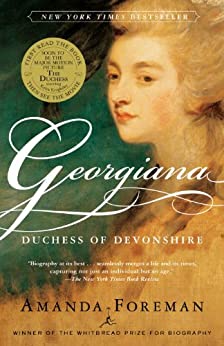My only other exposure to Richard Hughes was his A High Wind in Jamaica, the reading of which was certainly a different experience than that of The Fox in the Attic. Readers may find the structure of the latter unusual, but Hughes meant it to be the first part of a huge novel called The Human Predicament, for which he finished the second part but not the third.
The main character is a young man in his early 20s named Augustine. In her introduction to the NYRB edition, Hilary Mantel says that he doesn’t notice things. But it’s more than that. He has formed ideas about what things are like and seems incapable of understanding they are not as he believes.
He has inherited a remote property in Wales and has been living there recently like a hermit. When the novel opens, he is carrying the body of a little girl whom he and his hunting companion found drowned in a marsh. He brings her home instead of leaving her at the scene because the marsh is full of rats. But nasty ideas begin floating around, so he decides to go visit his sister Mary.
Mary suggests he stay with some German relatives she spent time with just before World War I. It is 1923, and Augustine firmly believes the Germans are peace-loving, cultured intellectuals, and there will never be another war. In fact, as soon as he arrives, his relative Walther begins telling him about an incident that happened after the war in which he and others were held prisoner in a hotel, and Augustine finds it so hard to believe him that he stops listening although he has seen the proof of the incident written on the wall of his hotel room in Munich. In fact, the political situation in Bavaria is completely unstable, and inflation is so bad that an educated boy is working in the hotel as a bellman because a professional salary would not pay for his pair of shoes.
The first night Augustine stays with his family, in fact, is the night of the famous Bierhall Putsch, and we see a detailed description of Adolf Hitler as a character. But Augustine has decided he is in love with Mitzi, Walther’s oldest daughter, and doesn’t pay any attention to the political discussion. Although he realizes with a shock that she is Catholic, he’s sure he can easily convince her there is no god. In fact, he doesn’t even know she’s devout.
All the while, Augustine dithers in his romance, thinking everyone is expecting him to propose when no one has noticed he’s in love and Mitzi barely knows he exists, the political situation is worsening and there is real danger from the upper floors of the house.
I liked this novel when it stuck to everyday events, even the political ones, but when it a few times broke off into philosophical asides, I couldn’t really follow it or maybe didn’t try. The political events are somewhat elliptically covered for someone like me who isn’t familiar with them, at least insomuch as some key figures are assumed to be familiar to his audience and to me some of them are not.








